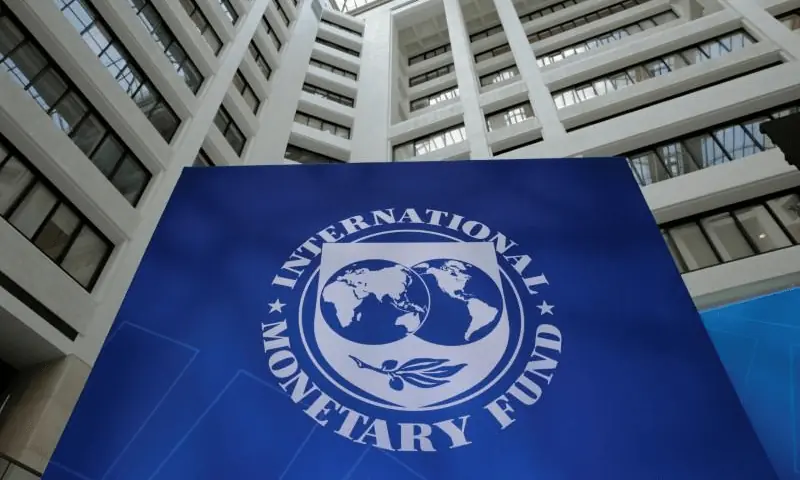ISLAMBAD ( WNAM REPORT ): The International Monetary Fund has released a new report warning of persistent governance failures and corruption risks in Pakistan, urging the government to immediately implement a 15-point reform agenda to stabilize the economy and improve transparency.
According to the IMF’s Governance and Corruption Report, structural reforms could boost Pakistan’s economic growth to between 5% and 6.5% over the next five years if implemented effectively. The report says efforts to curb corruption and strengthen institutions would yield “substantial economic gains.”
The IMF recommends ending special exemptions in government contracts for major state-owned entities and shifting all public procurement to an e-governance system within 12 months. It also calls for greater transparency in the decision-making of the Special Investment Facilitation Council (SIFC) and urges the council to publish its annual report without delay.
The report highlights the need for stricter parliamentary oversight of the government’s fiscal powers and comprehensive reforms within anti-corruption bodies. Policymaking and implementation, it says, must become more transparent and accountable.
The IMF identifies weaknesses in the tax system — including complexity, weak administration and insufficient oversight — as key drivers of corruption. The decline in Pakistan’s tax-to-GDP ratio is described as a red flag. Judicial delays and procedural complexities are also hindering economic activity, the report notes.
The Fund questions the scope, exemptions and transparency of SIFC, while also pointing to gaps in budget reporting, differences between planned and actual expenditures, and the uneven allocation of development funds — often favoring districts under bureaucratic or political influence.
From January 2023 to December 2024, Pakistan’s anti-graft body NAB recovered 5.3 trillion rupees, though the IMF says the amount represents only a small portion of the economic damage caused by corruption.
The report criticizes the 2019 decision by the Pakistan Tehreek-e-Insaf government to allow sugar exports, calling it evidence of elite capture and policymaking driven by vested interests.
It says Pakistanis routinely pay to access public services and that political and economic elites often use government policies and implementation mechanisms to enrich themselves, ultimately hindering economic progress.
The IMF warns that corruption drains resources that could otherwise boost productivity and development. It adds that inconsistent and non-neutral anti-corruption efforts have eroded public trust.
Weaknesses in budgeting, financial reporting and procurement systems continue to fuel corruption risks, the report says. Many government operations are carried out on temporary or ad hoc arrangements, and numerous officials lack expertise relevant to their ministries.
The report notes that despite improvements in meeting FATF requirements, Pakistan has been slow to enforce penalties, with fewer convictions in money-laundering cases. It adds that most attempts to reduce government spending have fallen short and that many anti-corruption institutions lack adequate capacity.
IMF researchers also found that many civil servants hesitate to make key administrative decisions, contributing to bureaucratic paralysis.
Accountability of tax officials is essential for improving revenue collection, the report says, adding that inefficiencies in the tax system reflect deeper governance weaknesses.
Overall, the IMF concludes that Pakistan’s anti-corruption efforts have not yet proved fully effective and that meaningful reform remains essential for sustainable economic growth.


